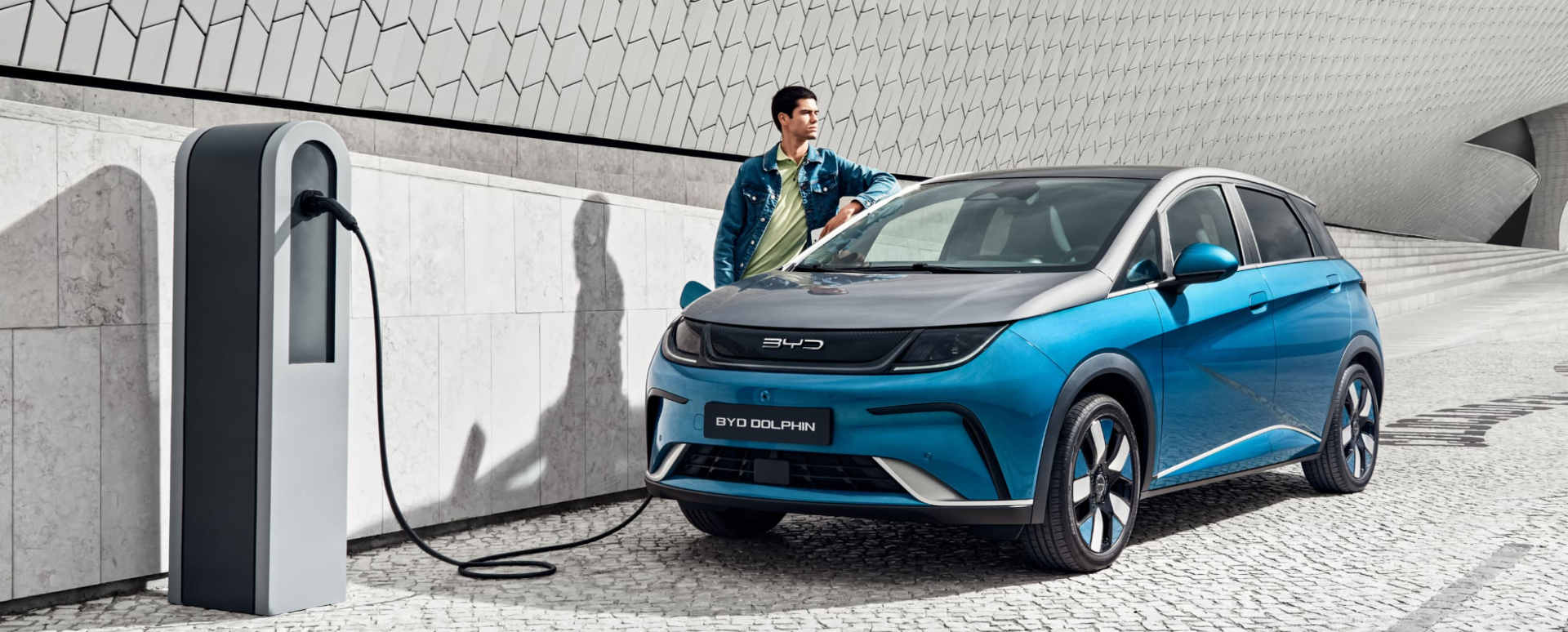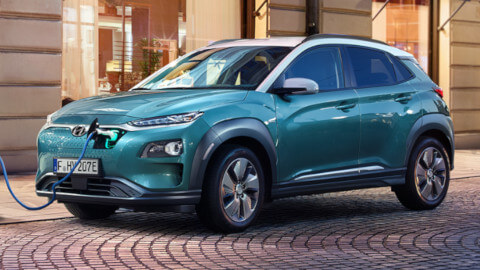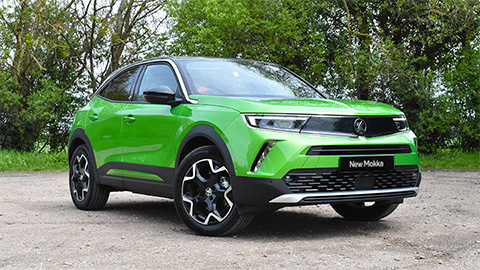Where electric vehicles (EVs) were once seen as a futuristic concept, they're now a mainstream choice for drivers across the UK. As EV technology continues to advance, even motorists who regularly cover long distances are making the greener choice and embracing electric driving.
We've conducted new research into owner behaviour when switching cars, exploring how loyal drivers are to different fuel types when it's time to trade in, and revealing insights into just how many drivers in the UK are embracing electric.
- More than 80 percent of EV owners stay loyal to electric
- Understanding the appeal of EVs across the UK
- Nearly a quarter of plug-in hybrid drivers switch to all-electric driving
- How loyalty differs by fuel type
- How loyal are drivers to car brands?
- Methodology
More than 80 percent of EV owners stay loyal to electric
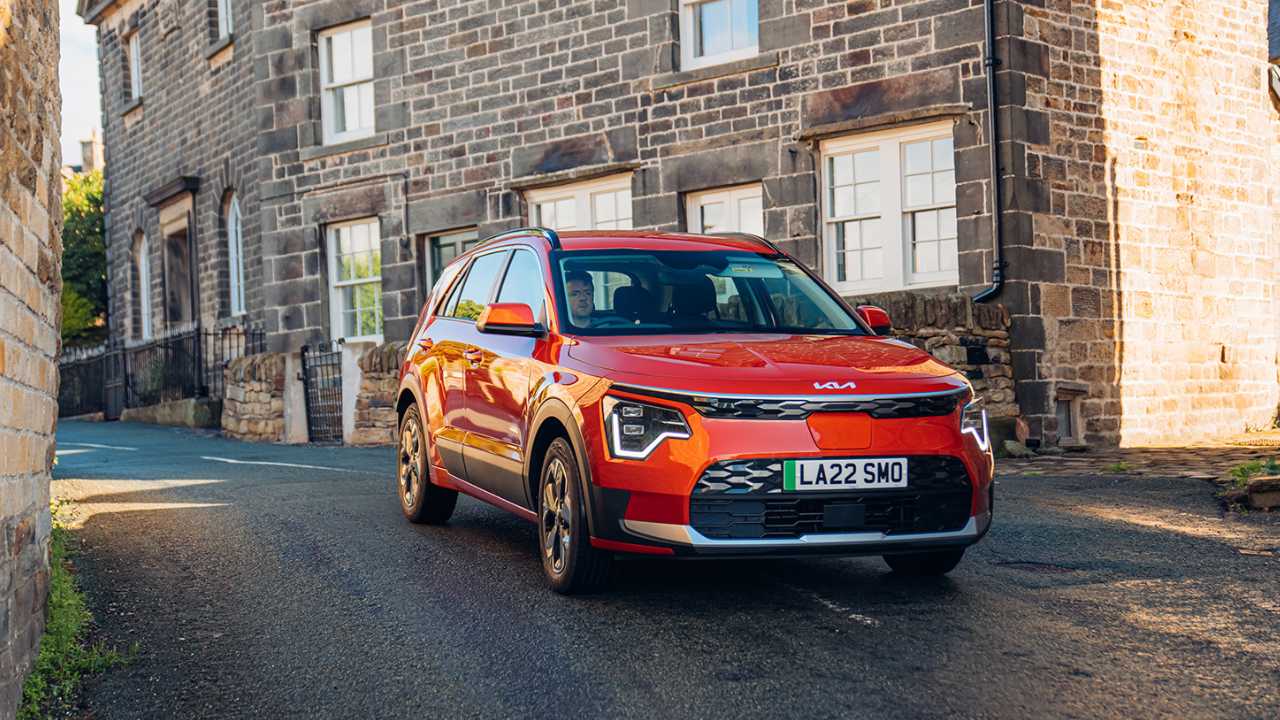
But, what happens when it’s time for EV owners to change cars? New data from Evans Halshaw reveals that more than four in five (83.9 percent) EV drivers choose another electric model when trading in their car. The findings are based on data from thousands of part-exchanges and cars purchased via Sell Your Car across the country, and highlights a growing trend of loyalty among electric vehicle owners.
Showcasing a loyalty rate that's significantly higher than any other fuel type, Rob Miller, Group Vice President at Evans Halshaw, commented:
“EVs have soared in popularity over the past few years, with our research now finding that once drivers experience electric, they rarely go back or regret making the switch.”
Understanding the appeal of EVs across the UK
Financial incentives, infrastructure improvements, and a better driving experience all play a part in keeping EV owners loyal. The government’s Electric Car Grant continues to make a meaningful difference, allowing buyers to save up to £3,750 on selected new electric models and helping to reduce the upfront cost of making the switch.
Further support is available through the government’s EV chargepoint grants, which cover up to 75 percent of the cost of purchasing and installing a home charger for eligible renters, which is capped at £350. These measures have made charging at home more accessible, while also giving buyers greater confidence that running an EV can be straightforward and cost-effective.
Infrastructure improvements have also been transformative. In 2021, there were found to be around 28,000 public chargepoints across the UK. By 2025, that figure had surged to more than 85,000, representing an increase of almost 200 percent in just four years. With more places to charge than ever before, range anxiety is steadily giving way to convenience, and the perception of EVs as impractical has proven an idea of the past.
Miller commented: “From saving money when first purchasing their EV, to a lot more options to keep their vehicles charged when on the go, it is no surprise that more motorists are going electric and don’t look back.
“This is especially the case once they experience the quieter and more relaxing driving experiences that these cars provide too.”
Nearly a quarter of plug-in hybrid drivers switch to all-electric driving
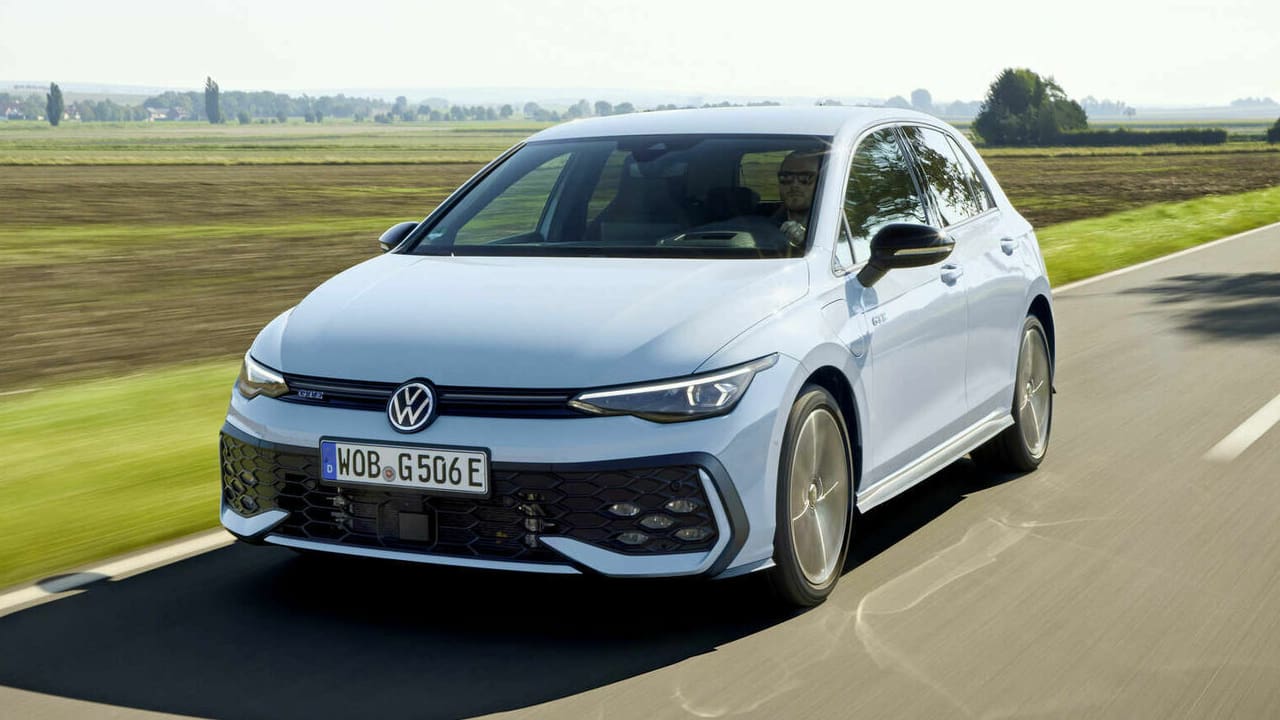
The findings also shed light on the importance of plug-in hybrid vehicles (PHEVs) in the shift towards an all-electric future.
According to this data, 23.5 percent of plug-in hybrid drivers made the jump to a fully electric car when trading in their vehicle.
Miller pointed out: “Plug-in hybrids certainly seem to be acting as a key stepping stone for motorists looking to go electric, with the transition more of a long-term commitment instead of just being first-time EV adoption.
“Almost one in four plug-in hybrid drivers going on to choose a full EV proves that electrified technology is helping more motorists to take the leap into all-electric driving."
How loyalty differs by fuel type
Though it's clear electric drivers are the most loyal to their chosen fuel type, the wider data reveals an interesting insight into car-buying across the UK.
Petrol drivers come second to electric vehicles, with 77.8 percent remaining with petrol when they trade in, while diesel drivers appear to be moving away from their fuel of choice, with only 29.5 percent sticking with diesel for their next vehicle. This sharp decline in diesel loyalty mirrors the tightening of low-emission zones and the growing availability of cleaner alternatives that are more affordable to run.
Mild hybrid (MHEV) owners show a loyalty rate of 68.9 percent, while full hybrid (HEV) drivers are slightly less likely to stay loyal, with 52.3 percent opting for the same powertrain. By contrast, plug-in hybrid owners are far more likely to change, with only 20.2 percent replacing their car with another PHEV.
For many, this switch is driven by the growing appeal of going fully electric, supported by an expanding charging network, and the increasing convenience of EV ownership.
How loyal are drivers to car brands?
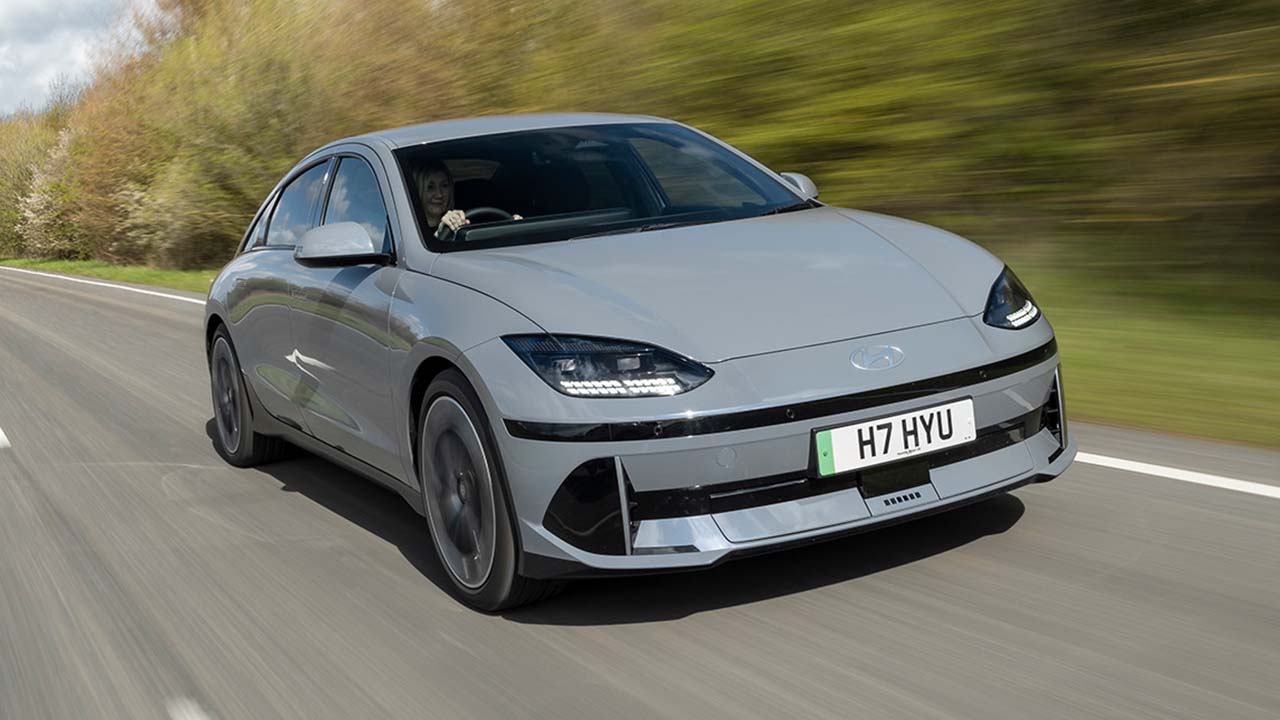
Our research also highlights how loyal UK drivers across all fuel types remain to the brands they know, with 43.5 percent sticking with the same manufacturer when trading in.
“Whether you are like many of the motorists who like to stay with the badge they know when switching up their vehicle, or go into the car buying market looking for something completely different, our Sell Your Car service makes upgrading quick and hassle-free,” Miller said.
“You can have the money in the bank that you need to go car shopping for a fresh vehicle in as little as 72 hours.”
Methodology
Figures are based on analysis of thousands of vehicle part-exchanges recorded through the Evans Halshaw Sell Your Car platform between 1st January 2025 and 30th June 2025. Each trade-in compared the driver’s previous vehicle with their new purchase to identify trends in fuel-type and brand loyalty.

